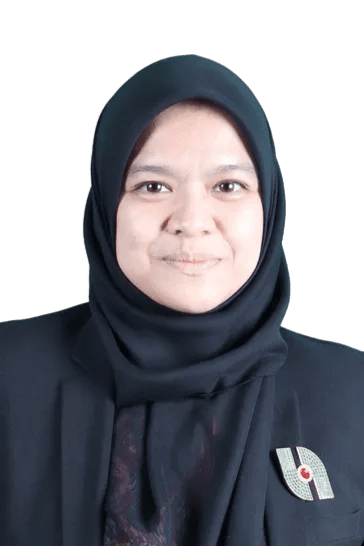Master of Converged Telecommunications Policy and Regulations (MCTPR)
(N/861/7/0023) 08/25 (MQA/PSA 13434)

ENTRY REQUIREMENTS
OTHER PATHWAY TO MCTPR
ENGLISH PROFICIENCY
Fulfill ONE of the following criteria:
Note: The English language requirement and English interview is waived for the candidates who are natives of and/or have completed their Bachelor’s or Master’s degrees from countries that use English as the medium of instruction as well as the first language.
PROGRAMME STRUCTURE
- Duration of study: 1 year
- Class sessions: Weekdays
- No. of trimesters per year: 3 trimesters
- No. of subjects taken per trimester: 3 to 5 subjects
- Actual structure shall be provided upon active enrolment
- Duration of study: 2 years
- Class sessions: Weekends
- No. of trimesters per year: 3 trimesters
- No. of subjects taken per trimester: 1- 2 subject
- Actual structure shall be provided upon active enrolment
Core (3CH for Core & 8CH for Research Project)
- GEP7113 – Economic and Social Policy and Regulations
- GNE7113 – Network Economy
- GNS7113 – Network Security & Forensics
- GSM7113 – Fundamentals of Spectrum Management
- GSM7133 – Advanced Spectrum Management
- GSR7113 – Social Research Methods
- GST7113 – Business Strategy for Telecommunications Industry
- GTC7113 – Telecommunications Convergence
- GTP7113 – Principles of Telecommunication Policy
- GRP7118 – Research Project
Electives (3CH for Electives)
- GIP7113 – Intellectual Property Rights
- GCP7113 – Content Platforms
- GDA7113 – Big Data Analytics
- GIG7113 – Internet Governance
Note: The above programme structure serves as a general guide.
PROGRAMME OBJECTIVES AND OUTCOMES
- Demonstrate in-depth knowledge and understanding in the relevant field
- Apply knowledge critically in solving legal and practical problems by providing recommendations to industry players.
- Conduct investigation to solve problems following systematic and scientific approach to resolve complex issues in the field practice.
- Demonstrate effective and cogent written and oral communication and collaborative skills with diverse stakeholders.
- Demonstrate relevant digital skills for research/work/study
- Interpret numerical, qualitative and graphical data to support decision-making and problem-solving in work/study.
- Demonstrate leadership skills and responsibility through collaboration with peers and others
- Display continuous self- improvement for academic and career development
- Uphold ethical and professional conduct when dealing with telecommunication-related issues
Unique Selling Proposition
Industrial Advisory Panel (IAP)
Ts. Dr. Ahmad Nasruddin ‘Atiqullah Fakrullah
Chief Technical & Monitoring Officer
Malaysian Communications and Multimedia Commission (MCMC)
External Examiner
Professor Ir. Dr. Hafizal Mohamad
Head of Department (Electrical & Electronic Engineering)
Academic, Faculty of Engineering & Build Environment
Universiti Sains Islam Malaysia (USIM)

